How to Build Location Pages for Local SEO
If you have multiple bricks and mortar locations for your business or operate in different areas around the country then local SEO is a necessity. If you neglect this area of optimisation then you are losing valuable customers.
One of the most effective ways to implement local SEO is to introduce location pages to your website. But what are these and how do they work?
Infoserve has a proven track record of converting customers for our clients with local SEO, so we know a thing or two about how to build location pages that convert.
Why build location pages?
Location pages are crucial for any business that operates in multiple locations. They give you the ability to rank in that location without impeding on user experience elsewhere on your website.
They are also particularly effective for companies within highly saturated industries.
In fact,
‘46% of all Google searches are looking for local information’ -
Hubspot
So, if you don’t optimise your website for geographic keywords, you could lose nearly half of your potential audience.
What to include in a location page
A geographic keyword
The first thing you need to do is construct your geographic keyword. This is very easy to put together because it consists of two things:
- The service you provide
- The location you want to rank in
Simply combine the two and you have your geo keyword.
For example, if you were a dentist based in Leeds, your geo keyword might be ‘dental surgery Leeds’. You could then create separate pages for ‘dental surgery Yeadon’, ‘dental surgery Wakefield’, and ‘dental surgery Bradford’.
This keyword should be included in the:
- Title tag
- Meta description
- H1 header
- URL
- Body text
Information that is unique to the location
Location pages are notoriously difficult to get right. This is because it can feel like you’re regurgitating the same information over and over again when actually the page needs to feel unique to that location.
The process becomes easier when you’re able to relate to your audience in that area. Try including:
- Unique insights about the location i.e. nearby restaurants, parking or resources that would be useful if they’re visiting your site
- Contact information for the specific regional branch
- Opening times
- Products/services specific to that location
Photos of your product
Although posting images of storefronts might seem like the easiest route when selecting images for location pages, it’s not the most effective; the easiest route usually isn’t the most user friendly route.
As with other pages on your website, you’re far more likely to convert customers if you show them your product or service from the get go. Studies have shown that you’re even more likely to convert if you display images of people using your product/service.
For example, if you run a restaurant chain, customers want to see images of the food and get a feel for the atmosphere of the restaurant before they book. This can’t be achieved with a photo of the front window.
However if you own a bakery with a display window or a bistro with outdoor dining, you may think differently.
Reviews
Social proof is one of the strongest signals to prospective customers that your business is worth buying from.
So don’t exclude it from your location pages.
Find reviews that mention the regional branch and include them on your location page. These could include specific services you offer, or mention staff members by name.
Internal links
Don’t simply rely on CTAs for links on your location pages. Include them in the body text too.
For each service based paragraph, try including an integrated text link to that service as this will give Google an even stronger indication of how your location page relates back to your overall website.
Explicit call to actions (CTAs)
Don’t be flimsy with your CTAs on location pages. These are vital for lead generation so you need to make them specific to what you want a customer to achieve from your page.
Do you want to give them more information about products or services? Do you want to give them directions to your location?
Choose your goals for the location page wisely and make it as easy as possible for your customer to achieve.
Don’t forget to include one final CTA at the bottom to increase enquiries. This could be your contact information, a location specific form or an obvious link to your ‘contact us’ page.
Content for your audience
It’s important to strike the right balance between writing for SEO and writing for your audience.
Remember that location pages are designed to echo a landing page so you still need to put customer experience at the forefront of your design, CRO (conversion rate optimisation) and content decisions.
Create paragraph style content that gives your customers an insight into your business and leads them through the marketing funnel with ease. And never compromise on user experience - the best SEO blends seamlessly with your user’s needs.
Not sure where to start?
Infoserve are experts at crafting unique, tailored and SEO conscious location pages. To get your website ranking, contact Infoserve where our SEO experts and Web Design team will help your website get found.













